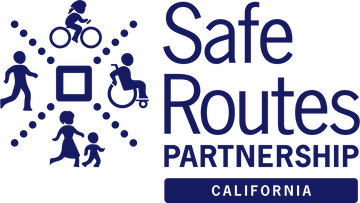On March 23rd, the California Air Resources Board held a board meeting in the City of Riverside. A key agenda item was a vote on setting regional goals for greenhouse gas (GHG) emission reduction targets as mandated by SB 375. Advocates hoped that SB 375 would encourage regional governments to coordinate land use and transportation planning efforts to curb GHG emission from driving. The board heard testimonial presentations from all Metropolitan Planning Organizations (MPOs), who must implement the targets at the regional level. All the MPO executives were united in pushing for a standard three point target increase across all MPOs instead of more ambitious targets based on prior rates of achievement. MPO heads cited increases in vehicle miles travelled (VMT) and declines in transit ridership as barriers to achieving more ambitious GHG reduction goals.
CARB Board members Gioia, Takvorian and Sheriffs were leaders in pushing back on these assertions and asking questions around social equity considerations in setting targets, active transportation, and climate change planning. Unfortunately, responses from the MPO leaders demonstrated a disconnect between the public’s perception of the process and their views.
Advocates, including the Safe Routes Partnership, did show up in great numbers to testify the lack of transparency around regional processes and attainment of target goals. The Safe Routes Partnership signed onto a coalition letter developed by Climate Plan and other advocates and joined coalition members in testifying about how SB150 should track the progress of SB 375 goals and how active transportation and affordable housing can curb urban sprawl that adds to VMT. Furthermore, the coalition discouraged the addition of highway expansion projects in regional transportation plans.
In the end, to the dismay of advocates who believe MPOs should be doing more to reduce GHGs, the board voted in favor of the across the board three point target increases instead of more ambitious increases.
In addition to the GHG targets action, the CARB meeting also included a listening session on the community health impacts from freight industries. The Safe Routes Partnership joined the Center for Community Action and Environmental Justice to raise concerns over warehouses near schools that worsen to the already poor air quality for the Inland Empire region. We also joined other environmental justice advocates to call for CARB’s leadership in ensuring that the South Coast Air Quality Management District (SCAQMD) vote to implement an indirect source rule on existing and planned freight warehouses and trucks, the ruling would mean the development of a program specifically devoted to regulating freight pollution and addressing GHG emissions from exisiting warehouses.


